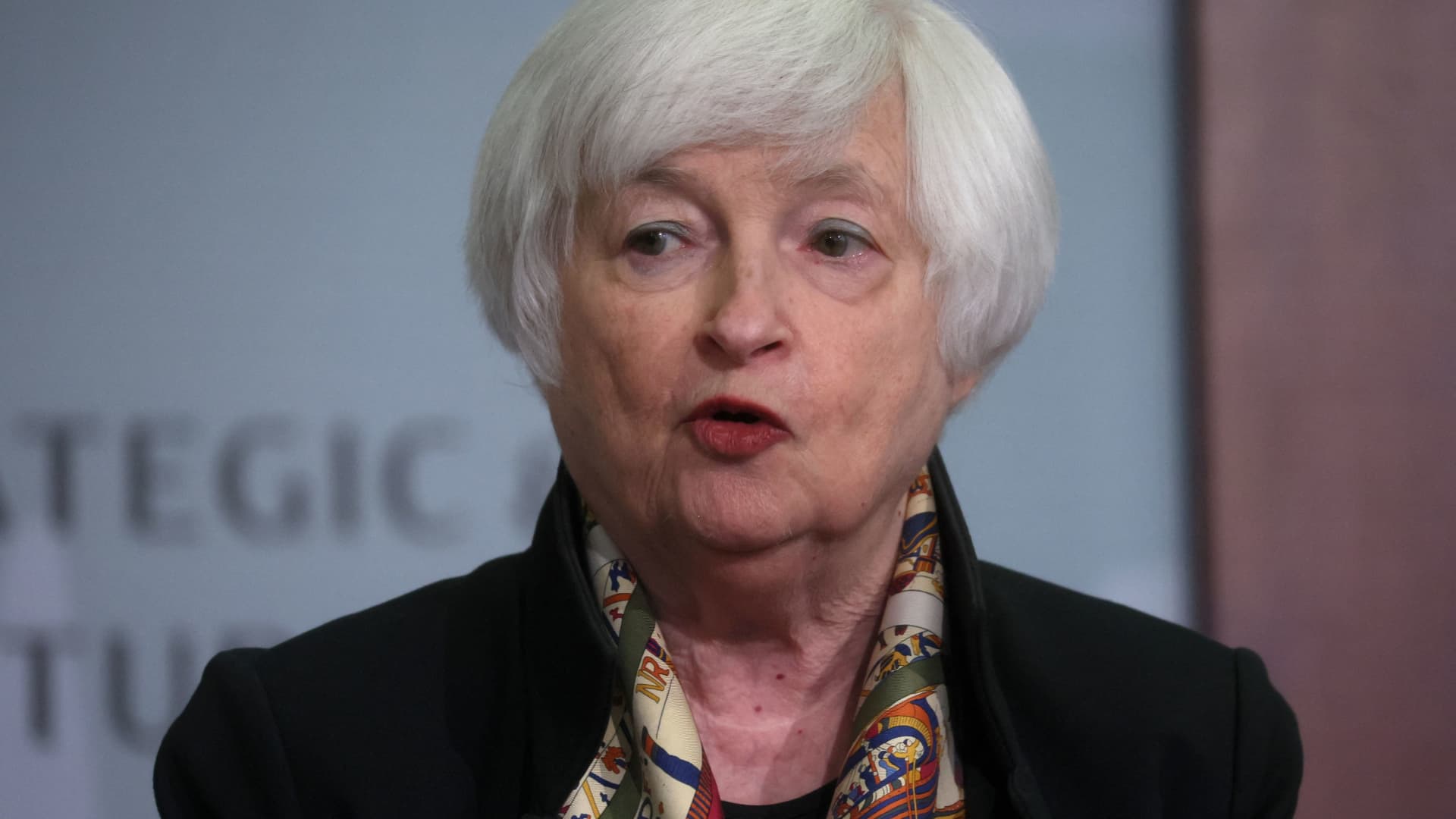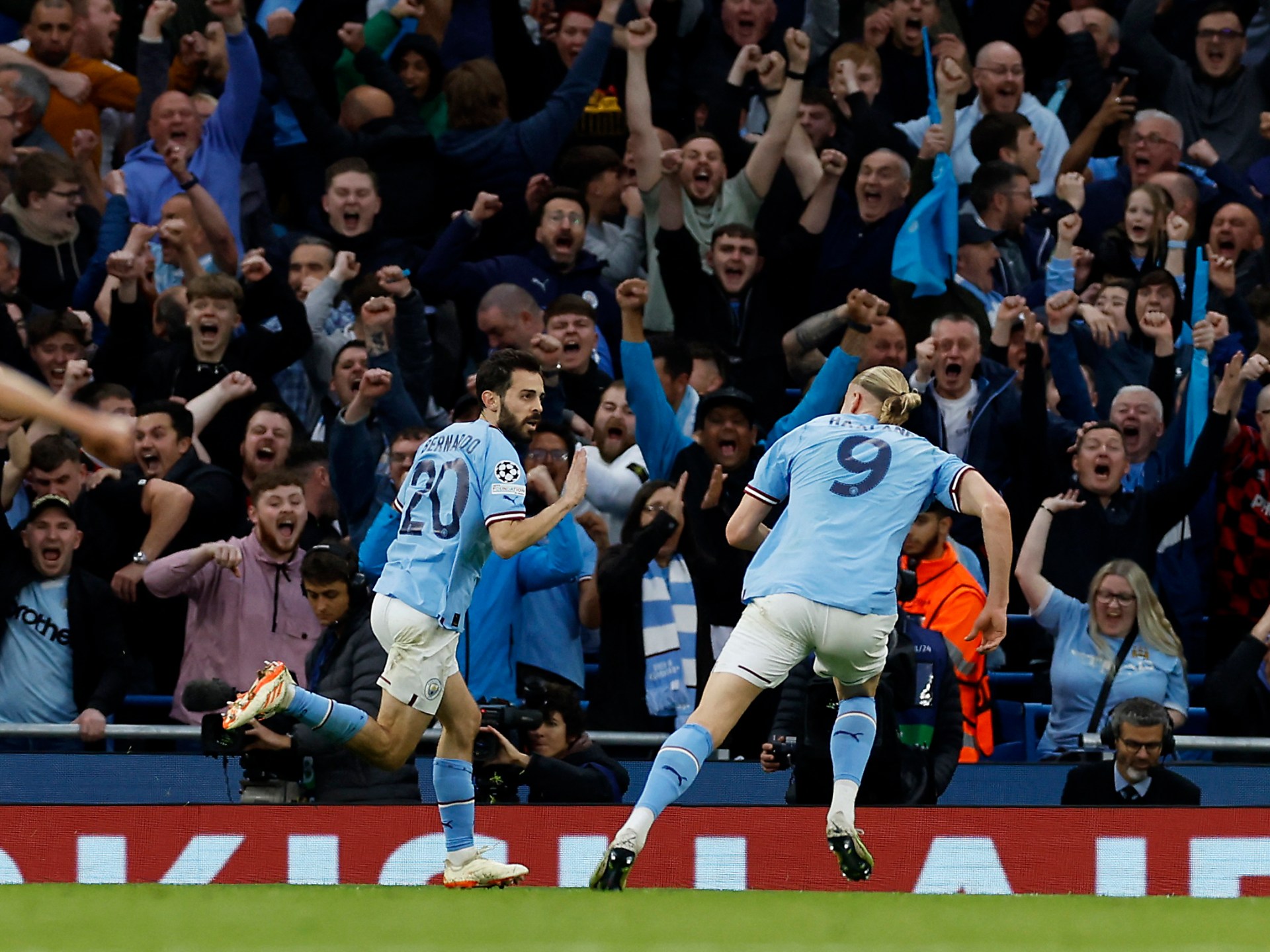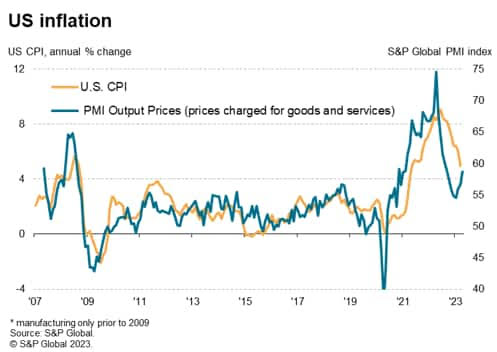Gregory Zuckerman is an author and investigative journalist with the Wall Street Journal. His main area of work is covering business and investing topics.
In this episode of EconTalk, Russ Roberts hosts Zuckerman for a conversation on his book: A Shot to Save the World: The Inside Story of the Life-or-Death Race for a COVID-19 Vaccine. Topics the two discuss include profiling the key players involved in the groundbreaking discovery of the COVID vaccine and the science behind the shot that has saved millions of lives.
1- Zuckerman describes the purpose of his book as being an attempt to set the record straight regarding the development and discovery of the COVID vaccine. He was able to get different parties to talk to him based on their incentive of being part of a historically accurate piece, even though people would normally be swayed by their affiliates to avoid talking to the press. Russ appreciates the poignance that the book has because of the gravity of the achievement of the COVID vaccine.
How do you think the book and the historical accounts of the pandemic will be received differently in the distant future?
2- Throughout the conversation, Zuckerman and Roberts note that the image many have of doctors, epidemiologists, and infectious disease experts is far removed from real life. Roberts finds the book to depict a “petty, peculiar world” within vaccine discovery as opposed to his more relaxed field of academics.
How do you react to Zuckerman’s profile of the heroes who compete and relentlessly pursue successful vaccines at any cost? Is this reality a net positive or negative? Explain.
3- Russ alludes to what he sees as a failure of government regulation in keeping mask prices extremely low, creating a shortage, and Dr. Fauci dishonesty with the public about the efficacy of masks in an attempt to fix the supply issue.
To what extent do you agree with Russ that the market should have been left alone to distribute masks? What can competition do to assist in times of panic? When should (and shouldn’t) the government get involved?
4- Zuckerman describes the common disappearance of viruses and pathogens as a key part of the peculiar world of vaccine making. Companies like Moderna have made incremental progress on developing potential treatments for diseases like the zika virus, but these advancements go unnoticed and unappreciated because the threat so quickly disappears. When the COVID vaccine race began, it was ‘crazy,’ as Zuckerman says in the title of the book, and that is because these smaller companies wanted to finally prove themselves.
Is this market flawed? To what extent does the rush to make a viable vaccine across all companies ensure the best outcome? Can you suggest other possibilities that might allow for a response time as quick as we saw with the COVID vaccine?
5- Zuckerman and Roberts discuss the Steve Jobs-like aura of Moderna leader Stéphane Bancel as having boundless optimism and the ability to get the most out of his staff, even though it may seem like some of his actions are cruel from the outside. The two appreciate a unique leader who can push employees to the edge for a company to be able to change the world.
In sports, I think of Bob Knight as a parallel figure. What other individuals can you cite who cultivated remarkable success, but often had/has their methods questioned? What effect do you think this sort of criticism has had on their success?
Brennan Beausir is a student at Wabash College studying Philosophy, Politics, and Economics and is a 2023 Summer Scholar at Liberty Fund.
















